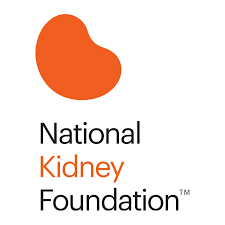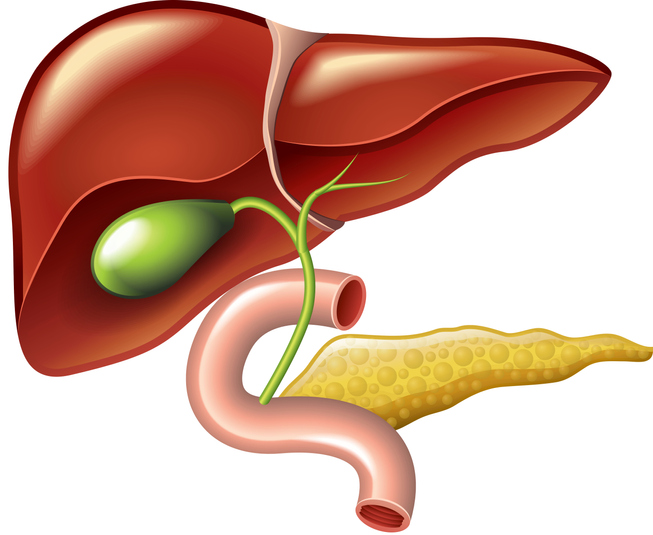“A heart transplant may be the most dramatic surgery done in the operating room. Each step takes great precision, from the quick, careful journey to retrieve the heart to the preparation of the recipient, who may be gravely ill and bedridden. The best part is the outcome soon after the transplant, when the patient goes home and starts returning to his or her life—whether that means getting married, having babies, running in marathons, or simply breathing massive sighs of relief while strolling around the neighborhood without having to periodically stop to catch a breath.”
Read all 8 here.







